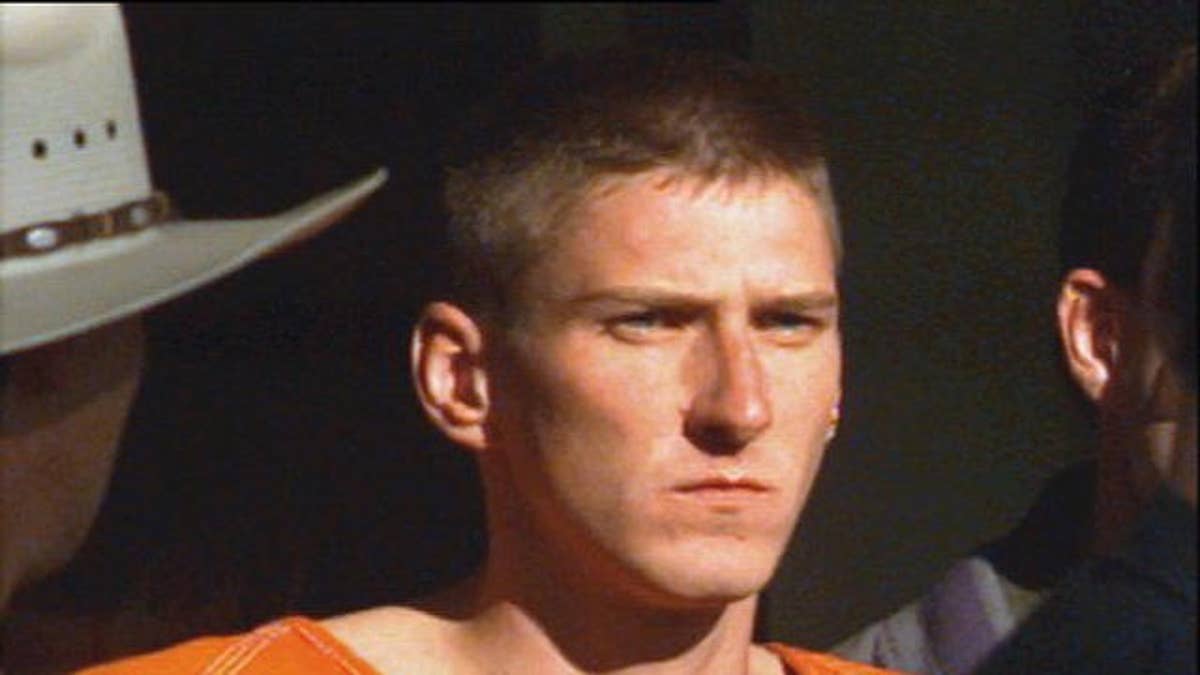
Chris Tritico knew he was taking a big risk in defending the most hated man in America.
The Houston-based lawyer was one of the lead defense attorneys representing Timothy McVeigh in the Oklahoma City bombing case in 1997, which was the worst terrorist attack on U.S. soil up until 9/11.
In 1995, McVeigh parked a rented Ryder truck filled with explosives outside of the Alfred P. Murrah federal building in Oklahoma City, killing 168 people ─ including 19 children ─ and injuring over 600.
The disgruntled Army veteran maintained he planted the 7,000-pound bomb to teach the government a lesson, particularly after the disastrous federal raids at Ruby Ridge, Idaho and Waco, Texas.
Tritico was one of only five attorneys in the country who raised their hand to defend McVeigh and would later forge a close relationship with the mass murderer. He later became the most trusted member on McVeigh’s defense team.
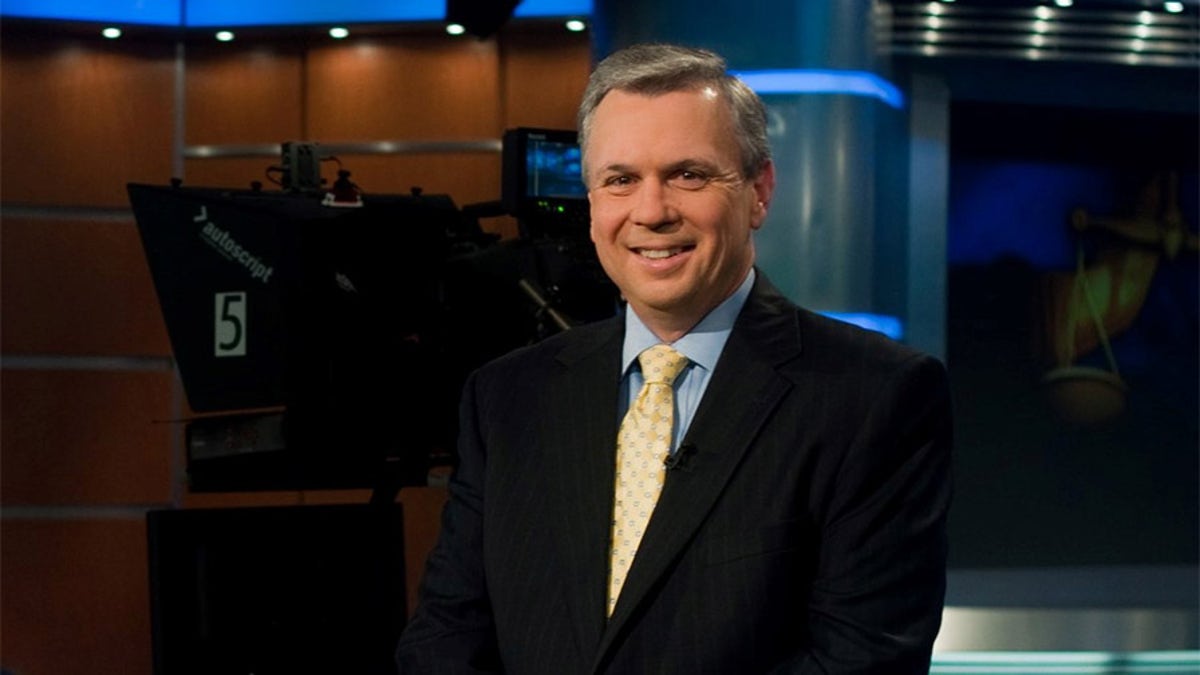
Courtesy of Oxygen (Defense attorney Chris Tritico.)
Tritico came forward to describe his shocking experience on Oxygen’s new docu-series, titled “In Defense Of,” which explores the complex relationship developed between notorious defendants and the attorneys who represent them.
McVeigh was executed at age 33 in 2001.
Tritico told Fox News he jumped at the chance to participate in the show to shed light on the importance of defense attorneys in our country.
“If we can’t stand up for someone like Timothy McVeigh, the worst of the worst, then the Constitution, if it doesn’t work for him, it doesn’t work for any of us,” he explained. “I’m very, very proud that I was one of the five lawyers who were willing to stand up and tell the government you have to prove this and make them prove it.
“My job as a lawyer, a defense lawyer, is not to own what Tim McVeigh did. And quite frankly, I don’t believe that blowing up a building and killing 168 people is justified for any reason. But the Constitution doesn’t say that the defense has to believe in what the client is accused of," he said in an interview with Fox News.
"What the Constitution says is the government must prove what they say the defendant did. And the defense lawyer’s job is to call the government to task and ensure they can prove it.”
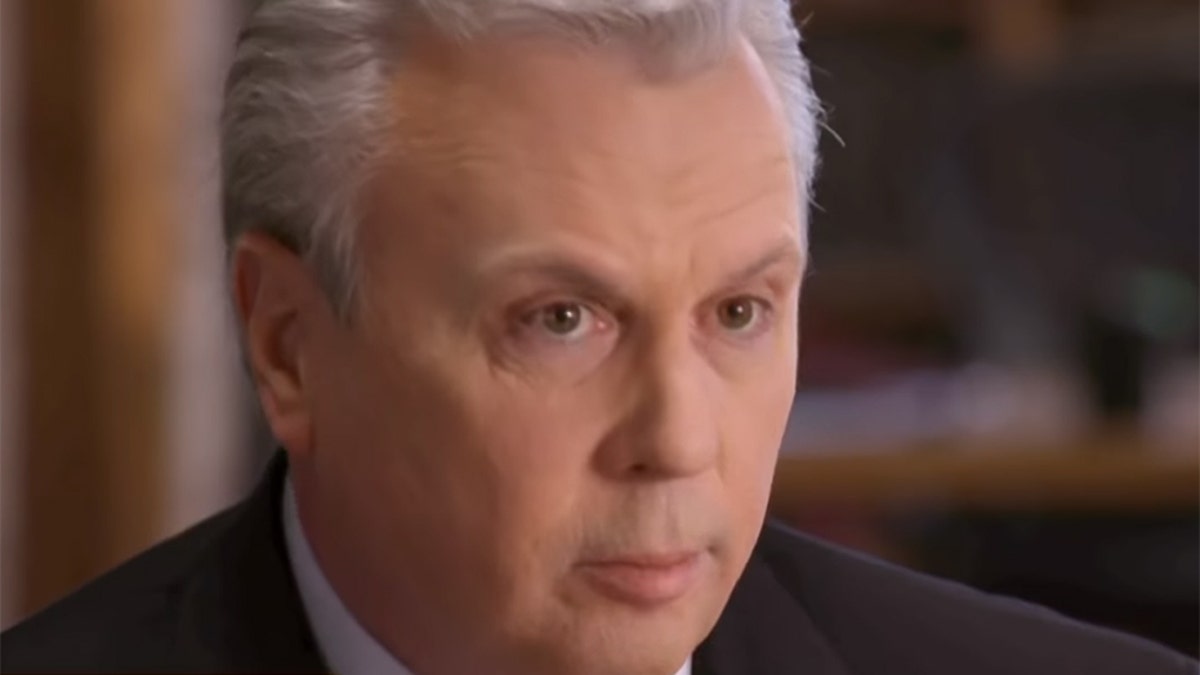
Chris Tritico said he was surprised when he met Timothy McVeigh behind bars. (Oxygen)
Tritico admitted in the documentary his family feared for their safety, believing people would retaliate knowing anyone would be willing to defend McVeigh in the trial. However, he said no potential threats came to fruition while he was 1,500 miles away for several months.
“My children were very young and I was going to be so far away,” he recalled. “That was the main concern for my wife and me. But what really made me so proud of our country and our citizens is no one ever said an unkind word. Not to me, not to my wife, not to my kids.
"Even when it got all over the country about who was representing him… Everyone knew I was representing him… It was very heartening for us to see that we were supported by the fact that I was doing this,” he told Fox News.
Tritico said he wasn’t concerned for his own safety, but he did wonder what he would be faced with when meeting McVeigh behind bars. He was shocked by what he witnessed.
“When I first met him, he walked into the room, smiled, shook my hand and started talking like a normal human being,” he explained. “I was completely happy and surprised that he wasn’t… completely nuts. That made the job so much easier than you could talk to him and he could be helpful in discussing aspects of the case when you needed help.”
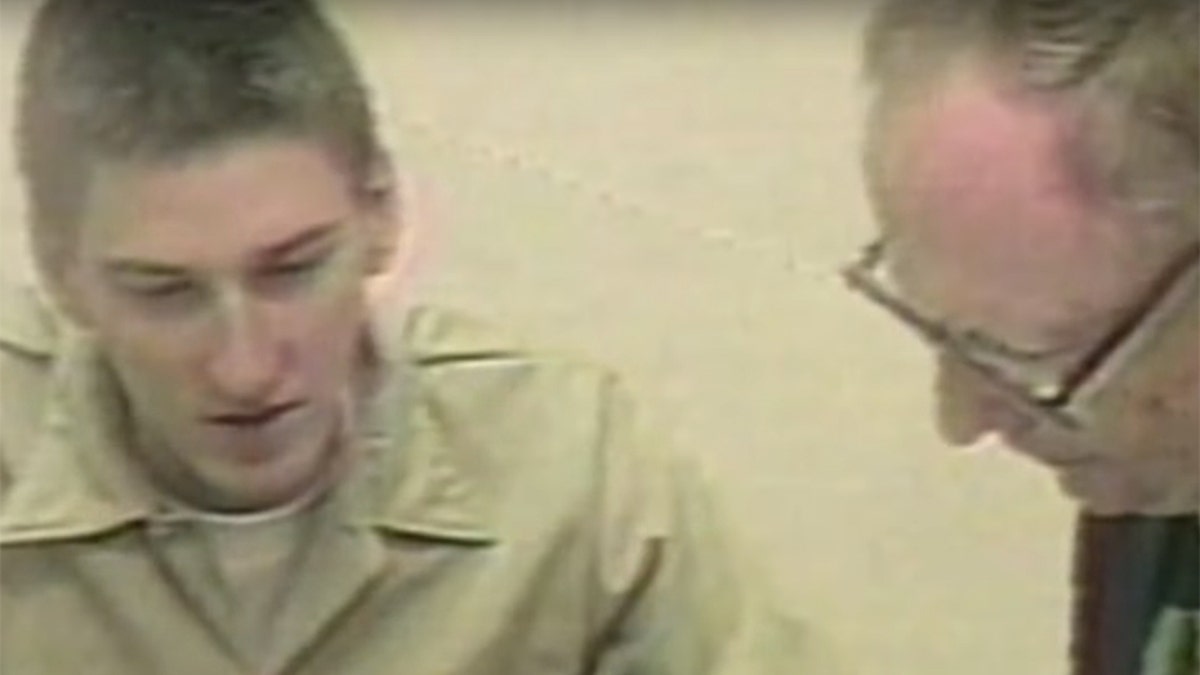
Timothy McVeigh (left) speaking with one of his defense attorneys. (Oxygen)
Tritico stressed he could, and would never, condone the heinous crimes committed by McVeigh. But in getting to know him, he learned the root behind the anger of the anti-government militant.
Before McVeigh became an American terrorist, he was a model soldier. He enlisted in the U.S. Army in 1988 and earned a Bronze Star for bravery in the Persian Gulf War.
While he yearned to become a member of the Special Forces, he dropped out after two days, disheartened by the training. Disillusioned, he left the service a short time after.
“I don’t think Tim McVeigh ever stopped loving the United States,” claimed Tritico. “Tim’s objections were not to his country, it was to the management of his country and to the political system and the way the political system was managing his country. But he had a deep love for the United States and a deep love for the Constitution. It was just his view of the way the country out to be managed was skewed by a belief system that isn’t held by a lot of us.
“… Again, I don’t justify the bombing,” he added. “And I’m not trying to now. I want you to understand I’m not justifying it… It’s a shame he reacted the way he did. I wish it had never happened. But those series of events that happened in Tim’s life, and the raid on the Branch Davidians compound [in Waco], the burning down of their compound, is what set Tim into the life spiral that ended up in the bombing.”
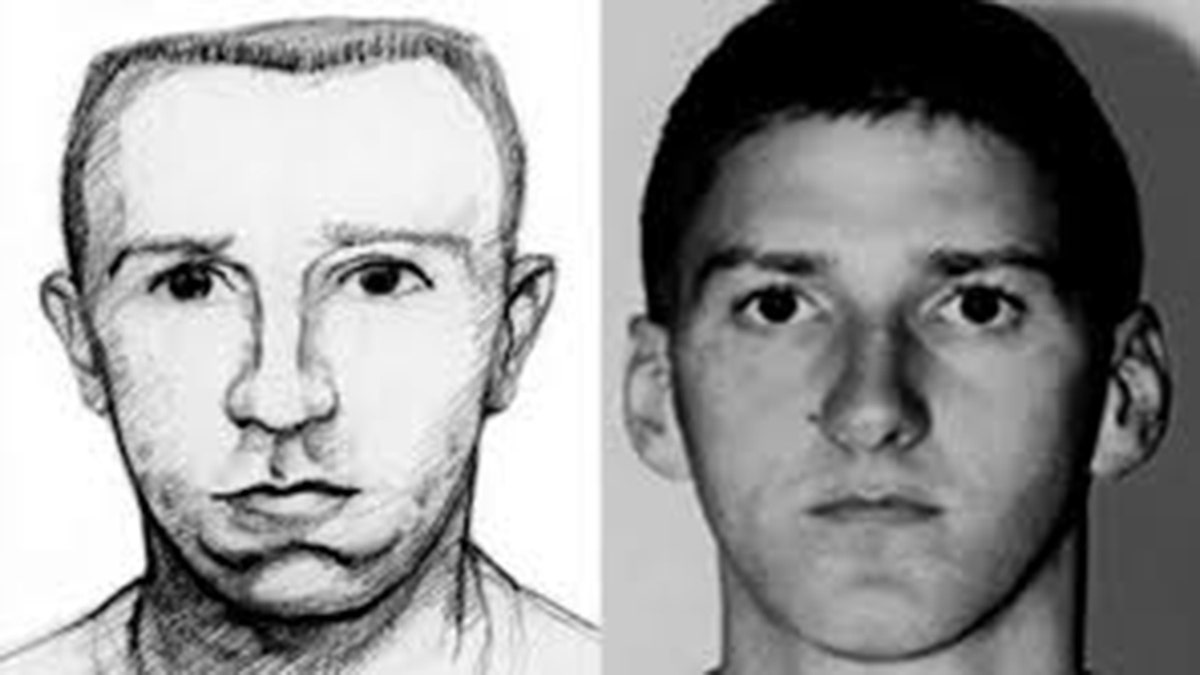
Oklahoma City bomber Timothy McVeigh. (Oxygen)
Still, Tritico admitted it was difficult at times to hear the many heartbreaking testimonies of survivors, as well as those who lost loved ones in the tragedy.
“When you try cases for a living and you hear cases with emotional testimony… it’s not hard to block it out when you have one or two witnesses,” he explained. “You can just look down and block it out because you know it’s going to happen. When you have 100 witnesses who are going to do it, it’s grueling… You were on an emotional roller coaster virtually every day in that courtroom.”
There was one testimony that shook Tritico to his core. In the documentary, he shared how one woman lost her husband, who was about the same age as he was.
The victim also has three children who were almost the exact same age as his own. Tritico had to hold back his tears as everyone in the courtroom watched.
“How do you cope? You do everything you can not to show that the emotion is getting to you because the one thing you don’t want to have reported all over the world is that Tim McVeigh’s defense lawyers were crying,” he said. “And so my standard is to look down and write notes. The notes may not mean anything, but so that I’m not looking at the witness while they’re talking… But it was really, really hard to listen to.”
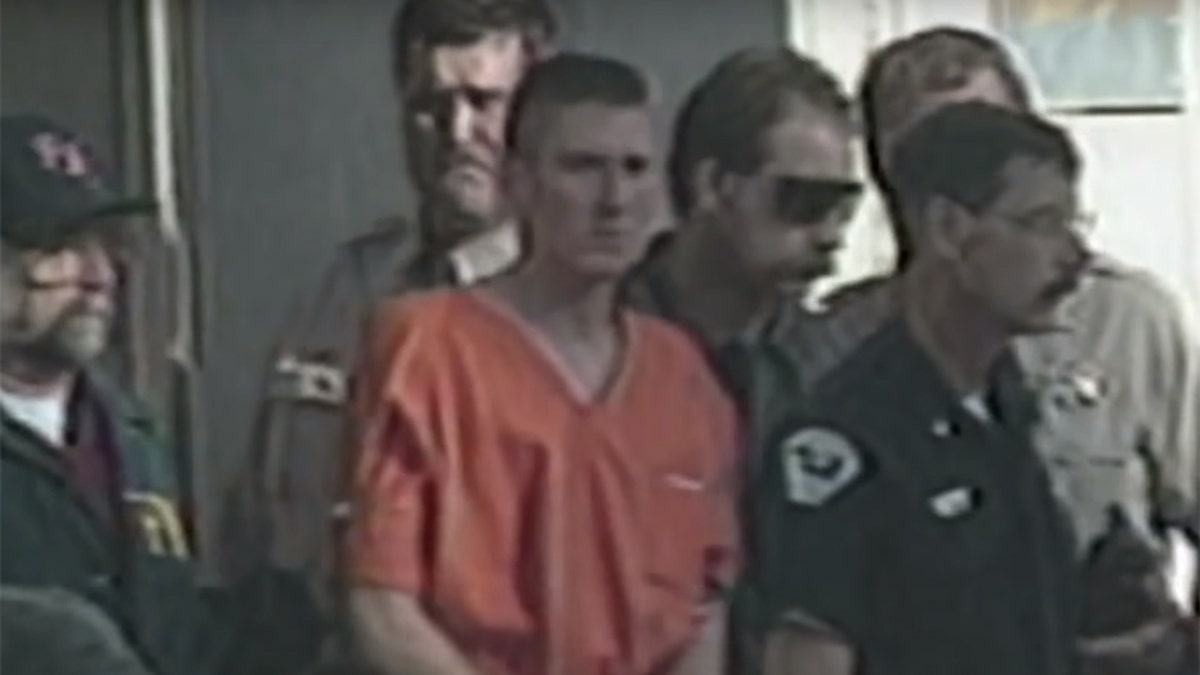
Defense attorney Chris Tritico said he tried to stop Timothy McVeigh's execution, but the Oklahoma City bomber ordered him not to appeal anymore. (Oxygen)
While Tritico wouldn’t say if McVeigh expressed any remorse, he did share that the day of his execution was one of the hardest days of his career. Tritico, who is against the death penalty, was hoping to find a way to stop the execution. But McVeigh ordered his legal team not to appeal it anymore.
McVeigh’s original execution date was delayed after the FBI disclosed it had withheld more than 4,500 documents from the defense during the 1997 trial. However, the Justice Department said nothing in the documents cast doubt on the bomber’s guilt.
“There were about 1,000 reporters there from all over the world,” he described. “It was a very grueling few days while we were there… I was depressed that I didn’t get to finish the job I was brought in to do.”
McVeigh spent the final hours of his life in a stark isolation cell, where he was described as confronting death in good spirits, confident he was the “victor” in his one-man war against the government.
A source told Fox News at the time he was given his last rites just two hours before he was put to death. Two hundred and thirty-two survivors and relatives of his victims watched the execution on closed-circuit television in Oklahoma City. It was the first federal execution since 1963.
McVeigh passed away by lethal injection.
Tritico said he has no regrets defending the American terrorist in court and hopes the documentary will reveal the reason behind what many still call a controversial decision.
“I hope what people get from this episode and from this whole series is a deeper understanding of what our Constitution does and what we do in protecting it and ensuring that it works for everyone,” he explained. “If it can’t work for the Tim McVeighs… it will never work for the people charged with DWI or the people charged with simple assault. Because once we say to Tim McVeigh ‘We hate you so much, we hate what you did so much, we’re not going to give you the full protection of our Constitution,’ that’s the beginning of the end.
“I want people to take away from this show that people like me, people like all of us who are highlighted in this show, have to stand up for the worst society has to offer to ensure that our Constitution protects the best that our society has to offer.”
"In Defense Of" airs Monday at 9 p.m. on Oxygen.


























